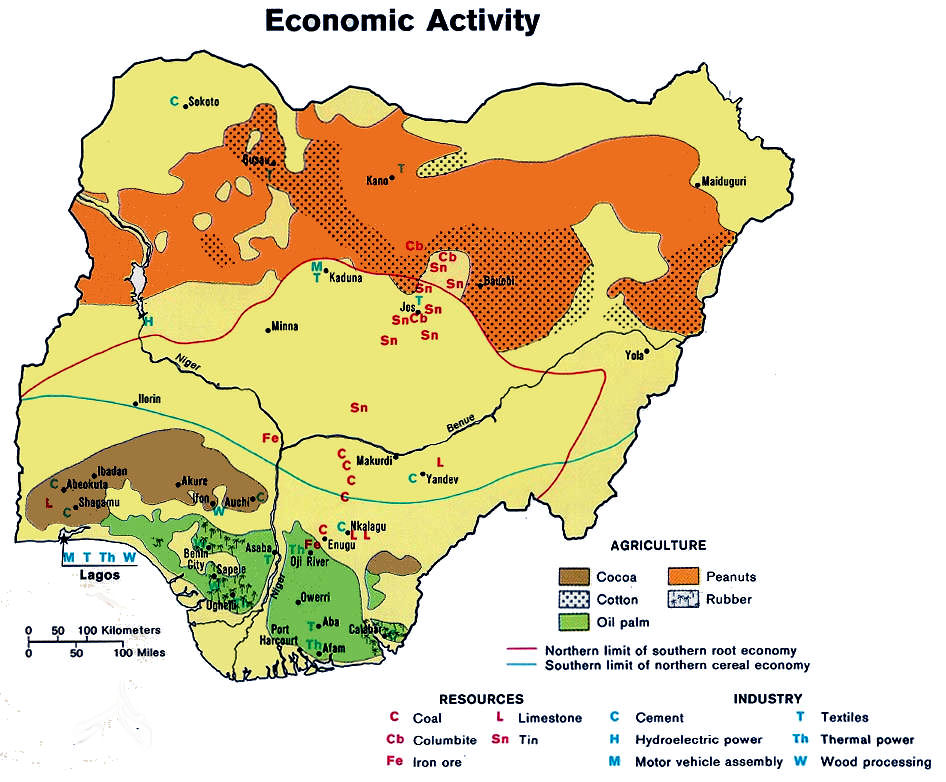 |
Gain Report - Nigeria: rice trade quarterly |
Report Highlights: The Government of Nigeria (GON) has resolved to encourage domestic rice production by restricting rice imports to conserve foreign exchange. Rice importers now import rice from India following the recent reentry of that country into the non-basmati rice trade.
Post:
Lagos
Executive Summary:
In a public statement on November 15, 2011, President Goodluck Jonathan hinted at his plans to restrict rice imports in his budget speech which will soon be presented to congress. The President said “Nigeria can no longer rely on rice imports most of which have been stored in silos for more than 10 years to feed her population and that Nigerians who have exotic taste for foreign rice must be prepared to fly their private jet abroad to buy it.”
According to the President, the focus of the Government of Nigeria (GON) now is to increase domestic rice production and to make the country self-sufficient. He further stated that Nigeria has adequate arable land to grow enough food for Nigerians and even feed the rest of Africa, insisting that his resolve to revolutionize the agriculture sector remains unshakeable. To drive this initiative, the President has unveiled an Agriculture Transformation Action Plan which has listed rice as one of the five commodities to attract special focus to increase production. Under this program, the GON intends to increase the production of high quality processed rice from 2.6 million tons presently to five million tons by 2015, adding one million additional jobs to the agricultural sector in the process.
FAS Lagos visited Nigeria’s rice growing belt (Cross River and and Ebonyi States) in Mid-November. The visits revealed that Nigerians are showing renewed interest in increasing rice production and they are supported by their respective state governments. However, processing facilities are inadequate and where available they are far from farmers. Also, the quality of locally milled rice needs to improve to enhance competitiveness with imported products. Most mills visited are using Asian processing equipment with varying degrees of efficiencies. Local milling sources estimate Nigeria’s milling rate at an average of 63 percent.
Rice is firmly established as a basic staple in the diet of the average Nigerian. Local alternatives such as yam, cowpea, and maize, are in short supply and cost more than in years past. Trade sources indicate it is very unlikely that the GON would ban rice imports outright because of the huge domestic supply deficit. Rather, it is more likely that the GON will provide policy incentives to importers to invest in local rice production. Dr. Akinwumi Adesina, Minister of Agriculture, recently said “imports will be substituted by stimulating the private sector to invest in rice processing facilities in areas of current high production. Incentives can be partially financed through increased import levy on finished rice.” He further said “within the next four years, all efforts would be geared towards narrowing the gap between the demand and supply of the commodity.” The Minister estimates Nigeria’s overall rice demand in 2011 at approximately five million tons with imports accounting for about 50 percent.
The bulk of Nigeria rice imports (about 87%) come from Thailand. Importers are now turning to India for supplies following the recent reentry of that country into the non-basmati rice trade.
Prepared By: Michael David, Agricultural Specialist
Approved By: Russ Nicely, Regional Agricultural Counselor
Enjoy this article? Feel free to share your comment, idea or opinion in the comment section
Related Articles

|
Reality Check on Fiscal Policy in NigeriaAbstract: The fact that the 2014-2016 MTEF projects that an increase of N17 trillion in nominal GDP between 2012 and 2016 will be accompanied by a decline in nominal Federal Government revenue and spending suggests that Nigeria’s fiscal policy has disconnected from economic reality. Urgent ste [Read more]
|
Posted: 12 years ago |

|
Gain Report: Exporter guide for Nigeria (2011)Report Highlights: Total food and agricultural imports are estimated to reach $4.0 billion by end of 2011 from about $3.7 billion in 2010. Wheat from the U.S. accounts for more than 20% of Nigeria's total food and agricultural total imports. Exports of other U.S. agricultural products such as ta [Read more]
|
Posted: 15 years ago |

|
The Bootstrapper’s BibleThere has never been a better time to start a business with no money. And this manifesto will show you how. This manifesto is based on The Bootstrapper’s Bible, a book I wrote a few years ago. What I’ve done is divided it into short sections, so you can find the little kernel of insight [Read more]
|
Posted: 16 years ago |


